Ethnicity and religion do not determine election outcomes in Ghana-Asah-Asante
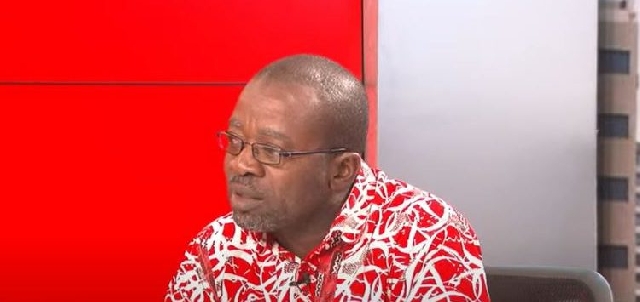 Dr Kwame Asah-Asante
Dr Kwame Asah-Asante
A political science lecturer at the University of Ghana in the Greater Accra Region, Dr. Kwame Asah-Asante, has dismissed the notion that ethnicity and religion play a decisive role in determining electoral outcomes in Ghana.
Speaking during an interview with Adakabre Frimpong Manso on Accra-based Neat FM on Wednesday, July 9, Dr. Asah-Asante addressed the topic “The Loss of the NPP in the 2024 Elections, the Prospects of the Party in 2028, and Restoring the UP Tradition.”
According to him, while ethnic and religious identities may influence political discourse to some extent, they are not the primary factors that determine who Ghanaians vote for, especially in presidential elections.
“It is not the case in Ghana that a person is voted for simply because of their ethnicity or religion,” he asserted.
“These factors may play a role in shaping perception, but they do not determine the outcome of elections.”
To support his position, Dr. Asah-Asante cited the example of former President Jerry John Rawlings, who hailed from the third-largest ethnic group in the country, yet managed to win two decisive election victories.
“Rawlings came from a minority ethnic group but was overwhelmingly endorsed by the Ghanaian electorate.
That alone shows that competence and national appeal matter more than tribal affiliations,” he explained.
Touching on the role of religion, he pointed out that although Muslims form the second-largest religious group in Ghana, they have consistently voted based on diverse considerations rather than religious loyalty.
“If religion were the yardstick, we would have seen Muslims across the country rally behind a specific candidate in the 2024 elections—but that didn’t happen,” he said.
Dr. Asah-Asante urged political commentators and analysts to refrain from using religion or ethnicity as simplistic explanations for voting patterns, noting that Ghanaians are increasingly focused on policies, leadership qualities, and party performance.
He called for a shift in political analysis that emphasises governance, accountability, and development rather than divisive identity politics.
Source: Classfmonline.com/Cecil Mensah
Trending News

U.S., Ghana explore stronger health collaboration
09:00
E/R: Rehabilitation works begin on Koforidua-Suhum road to ease commuters’ plight
09:10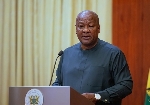
President Mahama explores education and biotechnology partnerships in Singapore
06:39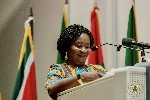
Ghana poised to become Africa’s digital trade hub – Vice President
16:39
Don’t be intimidated by the presence of police; they're here to provide security – NYA CEO to Akwatia voters
08:50
NDC’s Godwin Tameklo questions the use of Internally Generated Funds at Ridge Hospital
08:56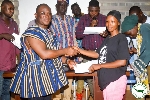
Hassan Tampuli supports 238 tertiary students in Gushegu
06:13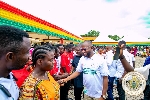
Volta Region launches National Apprenticeship Programme with 2,060 beneficiaries
13:51
E/R: Vigil held in honour of late Ernest Yaw Kumi
10:45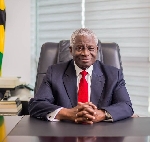
Razak Kojo Opoku urges NPP to resist ‘entrenchment theorists’
07:31



